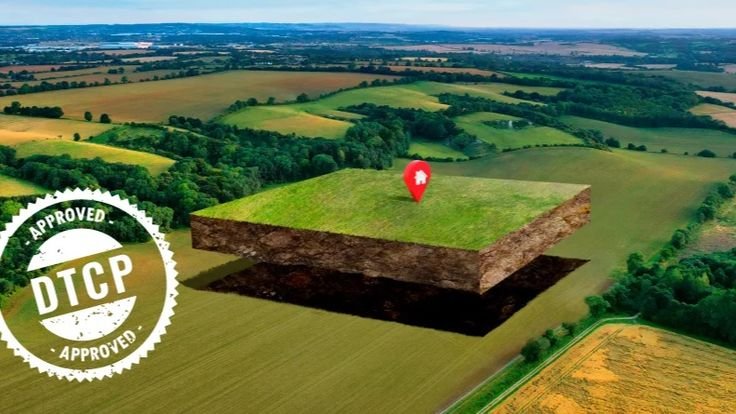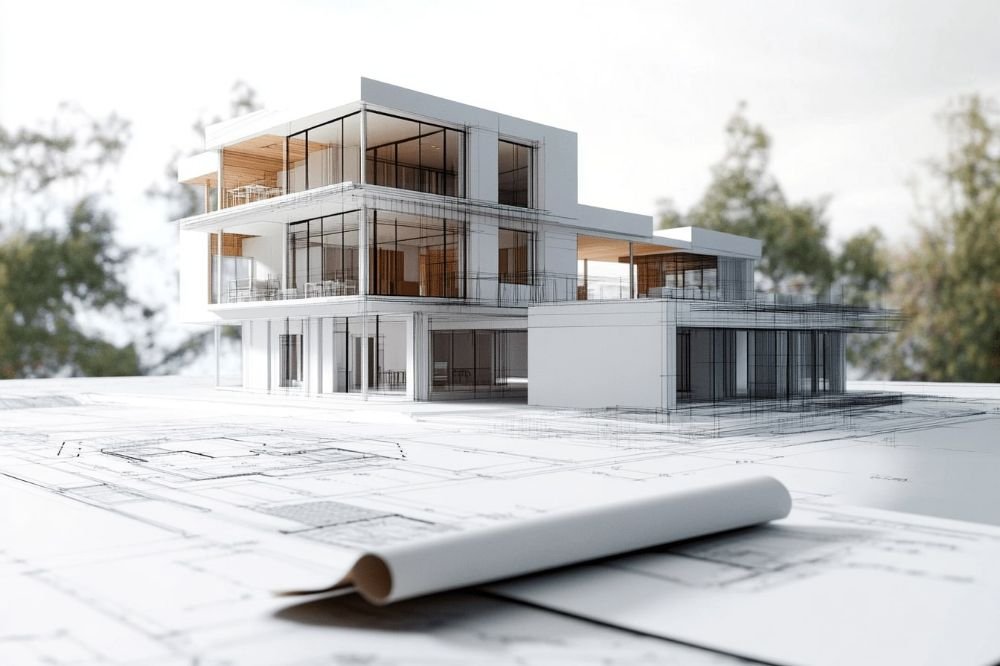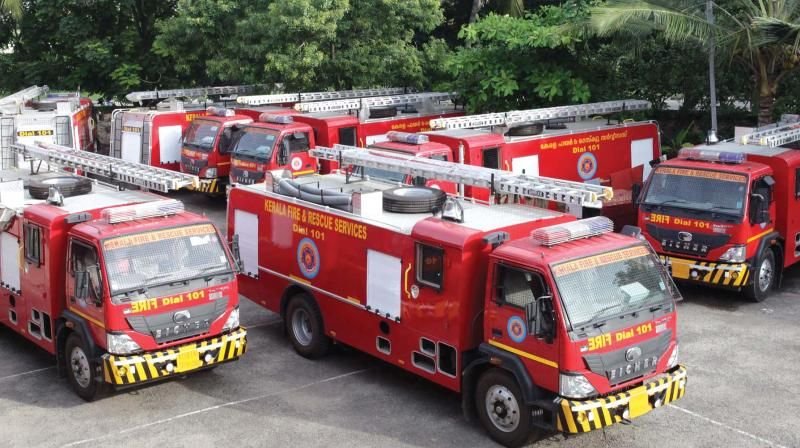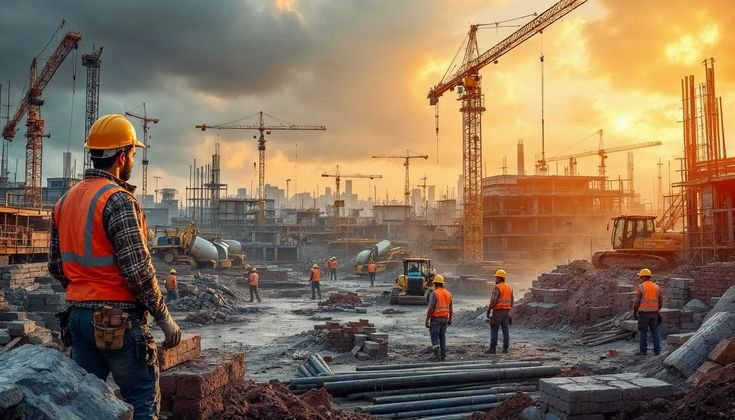Owning land is a valuable investment, and ensuring it is legally secure is the first step toward building your future. Our expert team simplifies the land approval process with transparent documentation, legal verification, and hassle-free clearance support.

Permission from DTCP (Directorate of Town and Country Planning) or Municipality/Corporation for building layout & land use.

Sanction of architectural drawings, floor plans, and elevation from the municipal corporation or local planning authority.

Clear ownership proof and, if needed, conversion of agricultural land to non-agricultural (NA) use.

Required for large residential/commercial projects (from State Environmental Impact Assessment Authority – SEIAA).

Approval from the local fire department (mandatory for high-rise or commercial projects).

Issued by municipal board; ensures water connection and proper drainage.

Taken from state electricity board; required for new power connections.

Needed for buildings near airports or flight paths.

Permission from aviation authority/local body for tall structures.

Ensures the project does not harm the environment.

Issued by licensed engineer; certifies safety against load, wind, earthquakes.

Confirms compliance with labour laws, worker safety, and welfare standards.
You need DTCP/municipal plan approval, Fire NOC (if applicable), water, electricity, pollution control, and structural safety certificates before starting construction.
No, it is mandatory only for high-rise, commercial, and public-use buildings. Small residential houses usually don’t require it.
On average, it takes 30–60 days depending on the location, project size, and document completeness.
Yes, every building—residential or commercial—must get water supply and drainage approval from the local board.
You need to apply to the state electricity board with load requirements, wiring layouts, and safety compliance documents.
It is required if your building is near an airport, flight path, or within restricted airspace zones.
The aviation authority (DGCA) or local urban planning body issues the clearance for tall structures.
You must submit the building plan, site details, environmental management plan, and compliance forms to the Pollution Control Board.
A licensed structural engineer issues the certificate confirming earthquake, wind, and load safety of the building.
No, it is generally required for larger projects involving multiple workers, but not for small individual houses.
No, construction should not start without approvals, as it may lead to fines, demolition orders, or legal issues.
The local authority may issue penalties, stop-work notices, or even demolish the unauthorized structure.
Yes, commercial and industrial projects usually need more approvals like Fire NOC, Pollution Control, and Labour Department clearances.
We guide you through the documentation, submission, and follow-up process to ensure smooth and timely approval.
The cost varies by project size, type, and location, but we provide a detailed estimate before starting the approval process.
Navigating building regulations can be complex, but with the right guidance, it becomes effortless. Our dedicated team provides end-to-end support for obtaining building plan approvals, permits, and clearances from the concerned authorities.
My First Plugin is Active